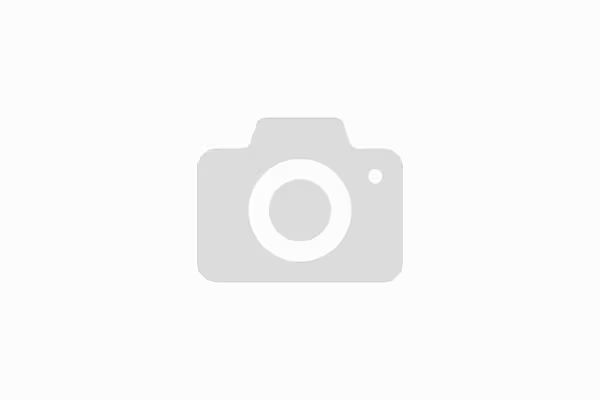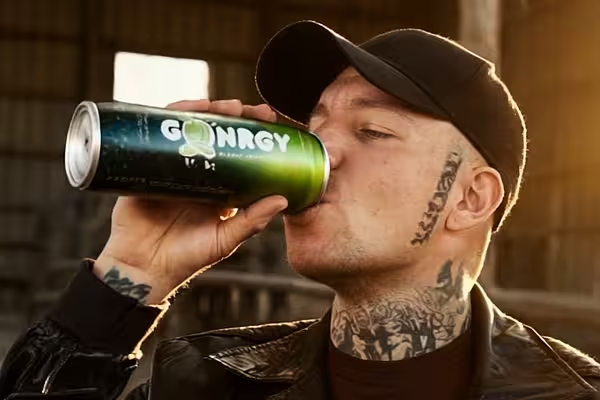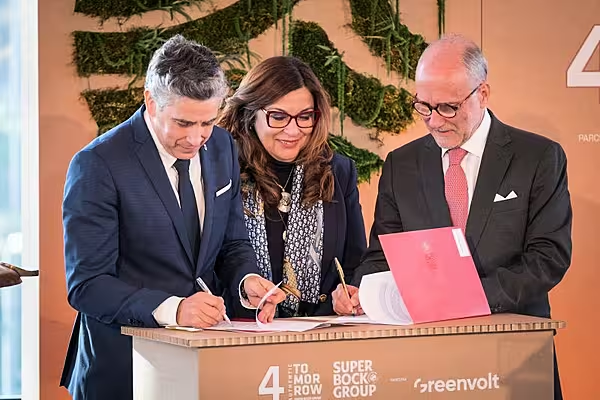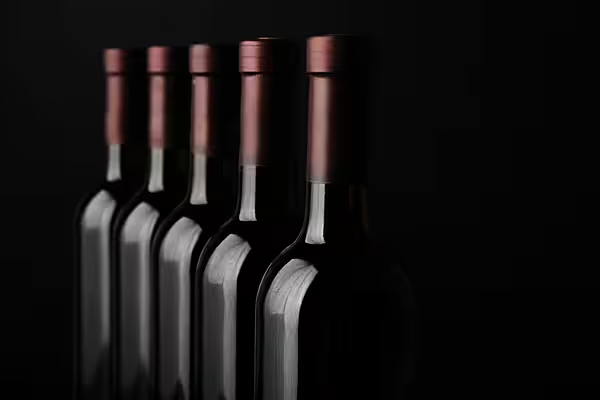Nestlé Pakistan, a unit of the world’s biggest food company, has started selling pasteurized fresh milk in a pilot project as it seeks to develop a new segment in the South Asian country’s $23 billion dairy market.
The company has been delivering plastic pouches of milk to 100 homes in Lahore for the past three months on motorbikes and three-wheeler taxis.
“It’s like when we started with our water gallons 20 years ago, which started with delivery to offices and households, it starts small and then spreads,” Nestlé Pakistan Chief Executive Officer Magdi Batato, said in an interview at the company’s headquarters in Lahore. “There is a potential, but it’s still niche in my view.”
Nestlé wants to diversify in the world’s fifth-largest milk market, where 95 per cent of dairy products sold are unprocessed with people buying the liquid raw and then boiling it. Companies already sell milk in ultra-high temperature form that has a longer shelf amid long hours of energy outages in the blackout-prone nation.
Engro Foods Ltd., a Pakistani dairy and juice company, discontinued branded shop sales of fresh, pasteurized milk after about a year in the southern city of Karachi in December. The company was hampered by the city’s frequent power outages, said Nauman Khan, research head at Foundation Securities.
Nestlé is “going in the right direction as demand is rising for branded products with the upper-middle class becoming more hygiene-conscious.” Amreen Soorani, an analyst at Karachi- based JS Global Capital, said by phone. Home delivery “is more convenient and makes it more accessible.”
Batato said he expects the Pakistani processed milk market to grow to 7 percent or 8 percent in five years. “It won’t be a step change like Turkey.''
Nestlé started its Pakistani operations in 1988 in a joint venture with Milk Pak Ltd. before taking over management of that company four years later, according to company’s website. About 80 per cent of revenue is generated from milk and nutrition products including baby formula and cerelac, while the rest comes from water and beverages, according to data compiled by Bloomberg.
The company’s powdered milk plants in Pakistan are running at ‘‘full capacity,” Batato said. “We are taking every single drop. There is an opportunity to import tactically a bit, but this is not our business model.”
Bloomberg News, edited by ESM














